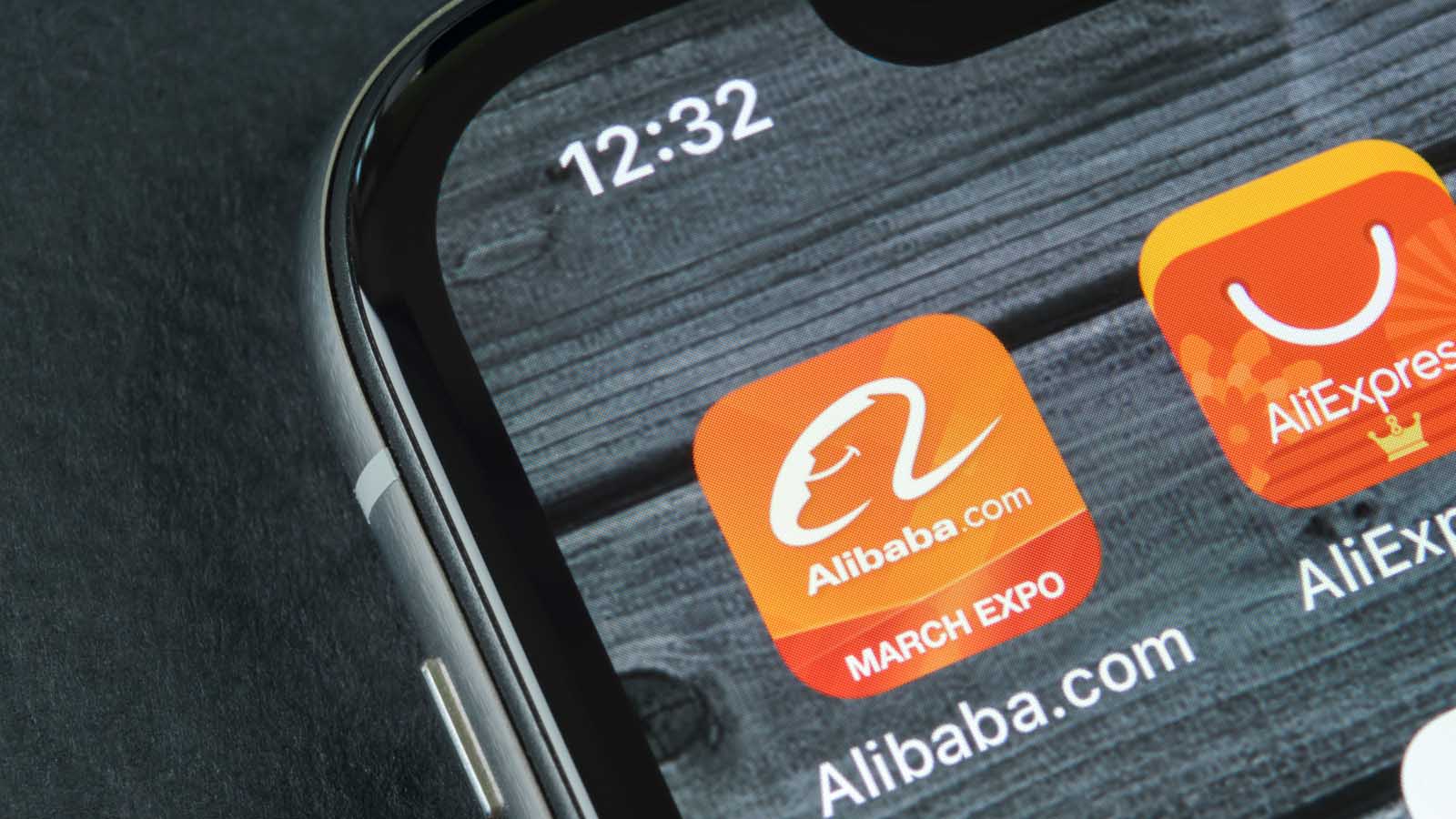I fully understand why it’s very tempting to buy Alibaba (NASDAQ:BABA) stock at this point. The company’s shares have tumbled a great deal in the last six months, yet the company remains one of the biggest and most successful e-commerce players on the planet, and its cloud business is still growing rapidly.

However, after conducting additional research on China’s President, Xi Jinping, and thinking a great deal about some of his past decisions, I remain very cautious on Alibaba’s shares.
The Temptation Is Understandable
Patrick Sanders, another InvestorPlace contributor, recently very skillfully made the case for buying BABA stock. He noted that the “shares are still trading at a roughly 50% discount from a year ago” and pointed out that the conglomerate ” is known as the Chinese equivalent of Amazon (NASDAQ:AMZN) with its e-commerce and growing cloud services.” And Sanders, quite reasonably, believes that Alibaba has more potential over the longer term than Amazon.
Finally and crucially, addressing the antagonism that Beijing has obviously developed for Alibaba, Sanders argues that the government has, by taking a series of tough actions against Alibaba, met its goal of restraining the company’s founder, Jack Ma.
Additionally, the Street was cheered by Beijing’s decision to “only” fine Meituan (OTC:MPNGY) $534 million for allegedly abusing its competitive edge in food delivery. A fine of about double that amount had been anticipated.
Xi Is the Wild Card
If one of the past Chinese presidents who served from the 1980s until Xi took over in 2013 was at the helm of the government, I’d fully agree with Sanders’ view. Those leaders were fairly predictable and not very different from most dictators. Internally, they were repressive towards dissidents and many political/religious movements. But they only used real repressive, militant, collective punishment on the very rare occasions when their backs (as they saw it) were up against the wall.
They did not interfere very much with private companies or seek to greatly increase their powers. And, although they would tweak the West’s nose sometime (by, for example, seizing tiny islands or keeping American military personnel hostage for a brief period), they really did not take significant actions against other countries or act too threatening. (Of course, for decades China has stolen intellectual property from foreign nations and has carried out other unfair trade practices).
Xi is totally different. He had himself made president for life. He ordered brutal, repressive actions against hundreds of thousands of Uighurs and many residents of Hong Kong.
The president decided to encourage Chinese citizens to freely travel abroad after the government was fully aware of the coronavirus outbreak–and he concealed the existence of the virus and its attributes from the world for a few, crucial weeks. It’s hard to view the latter two, heinous actions as primarily motivated by anything other than his desire to weaken the West in relation to China.
And under Xi, the government has been so heavy-handed towards China’s companies, including Alibaba, that the Wall Street Journal compared him to the Communist Party’s completely anti-capitalist founder and first leader, Mao Zedong. While I think that’s a big exaggeration – Xi is obviously not completely anti-capitalist — it’s a good indicator of the heaviness of the stick he’s used against the companies that he fears.
And, given Alibaba’s huge size and large cash pile, the rebellious ideas of its founder, Jack Ma, and the company’s ability to directly communicate with tens of millions of Chinese citizens, the president does have reasons to be afraid of the company.
The Bottom Line on BABA Stock
Given the vast powers that Xi and the Chinese government have (which I explained in a prior column), the president’s willingness to employ radical measures, his unpredictability, and the reasons he has to fear Alibaba, I would not be at all surprised if he takes additional, very harsh measures against Alibaba in the near-to-medium-term.
As I’ve stated previously, however, I do believe that some Chinese stocks are attractive. If the government does not have an axe to grind against them and they operate in sectors to which Beijing is obviously friendly (like banking, chip making, and solar energy), then investors do not have to worry much about repressive measures by the government.
But Alibaba is in the exact opposite situation, making it extremely risky. As a result, investors should sell BABA stock.
On the date of publication, Larry Ramer did not have (either directly or indirectly) any positions in the securities mentioned in this article.
Larry Ramer has conducted research and written articles on U.S. stocks for 14 years. He has been employed by The Fly and Israel’s largest business newspaper, Globes. Larry began writing columns for InvestorPlace in 2015. Among his highly successful, contrarian picks have been GE, solar stocks, and Snap. You can reach him on StockTwits at @larryramer.
